Jeff Cooper – The 5 Day Momentum Method
$34.00 Original price was: $34.00.$9.00Current price is: $9.00.
[Download] The 5 Day Momentum Method by Jeff Cooper
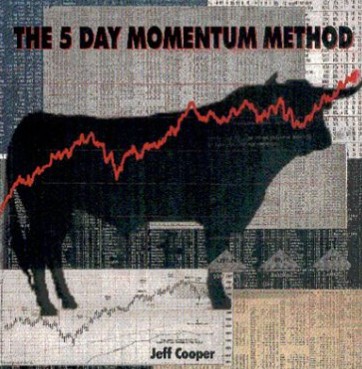
What is The 5 Day Momentum Method:
The 5 Day Momentum Method by Jeff Cooper is a powerful trading strategy tailored for traders aiming for significant returns in just 3-7 days. Drawing from Jeff Cooper’s extensive experience in day trading, this method provides a fresh perspective on momentum trading.
It’s crafted to help you secure steady earnings without constant screen monitoring. Whether you’re a seasoned trader or just starting, this approach is designed to enhance your trading skills and financial outcomes through its focused and efficient trading techniques.
What You Will Learn in 5 Day Momentum Method course:
- The Essence of Momentum Trading: Understand the core principles behind rapidly moving momentum stocks and their behavior.
- Timing Your Entry: Learn how to pinpoint the exact day and price to enter stocks before they surge again.
- Risk Management: Ensure minimal risk with a potential upside of 5-20 points, all achievable within 5 days.
- Efficient Trading: Discover the convenience of the 5-Day Momentum Method, allowing you to set your trades and return to your daily routine, checking prices at your leisure.
- Advanced Techniques: Dive deeper into advanced trading strategies to maximize your gains and leverage options for substantial returns.
The 5 Day Momentum Method Curriculum:
- Introduction to The 5-Day Momentum Method: Background and foundational knowledge.
- Identifying Fast-Moving Stocks: Specific, easy-to-follow rules to pinpoint potential winners.
- Entry and Exit Strategies: Precise guidelines on where to place your orders for optimal results.
- Profit Maximization: Techniques and strategies to ensure you get the most out of your trades.
- Leveraging Options: Understand how to use options to boost your gains significantly.
The 5 Day Momentum Method reviews:
The book 5 Day Momentum Method by Jeff Cooper received quite positive feedback on Amazon:
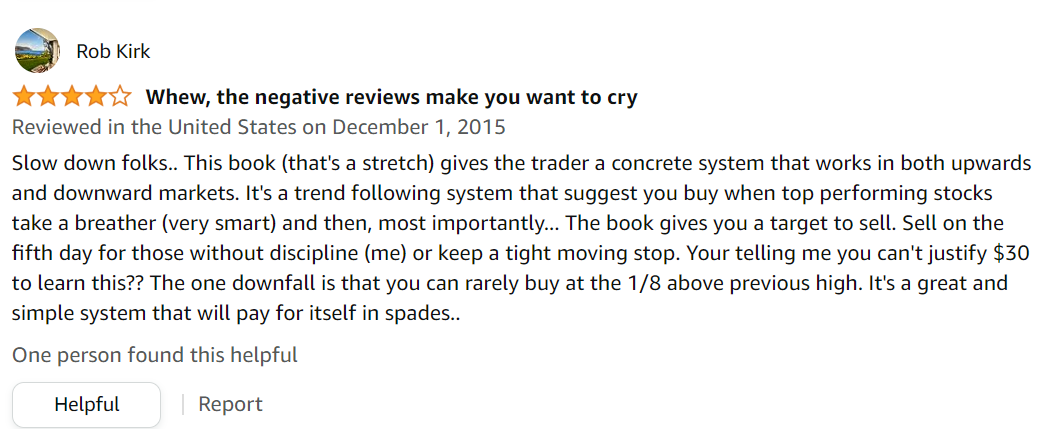
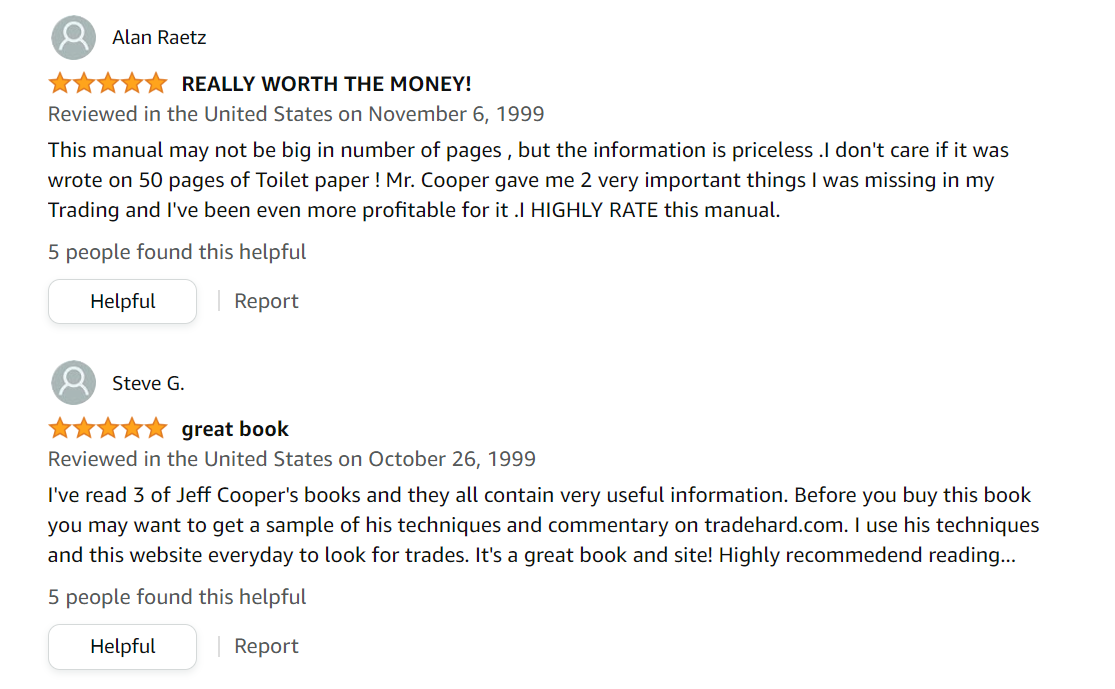
1️⃣. Who is Jeff Cooper?
Jeff Cooper is a renowned figure in stock trading. With a decade-long experience in day trading, he has mastered the art of momentum trading. His first book, “Hit & Run Trading,” has been a testament to his expertise, returning to its fifth printing within its first 18 months. Jeff’s methods are not just theoretical; they are born from years of practical experience, making him a trusted figure in the trading community.
1 review for Jeff Cooper – The 5 Day Momentum Method
Add a review Cancel reply
Related products
Day Trading
Forex Trading
Best 100 Collection
Forex Trading
Crypto Trading
Forex Trading
Forex Trading
Base Camp Trading – Explosive Growth Options – Stocks (EGOS) Program – EGOS MINI BUNDLE)


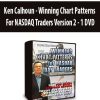
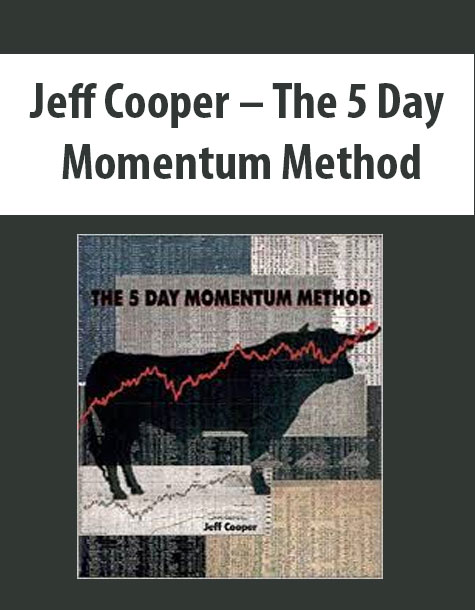
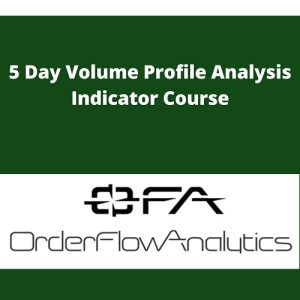





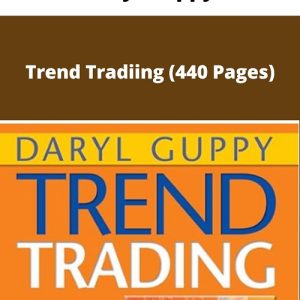
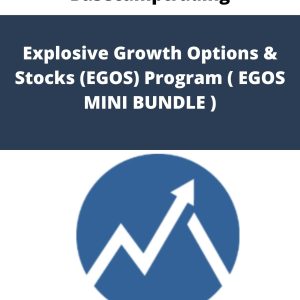
Phil (verified owner) –
I like the approach the author takes in presenting the material. No wasted writing – just to the point. I found useful information that can be applied to my trading style.